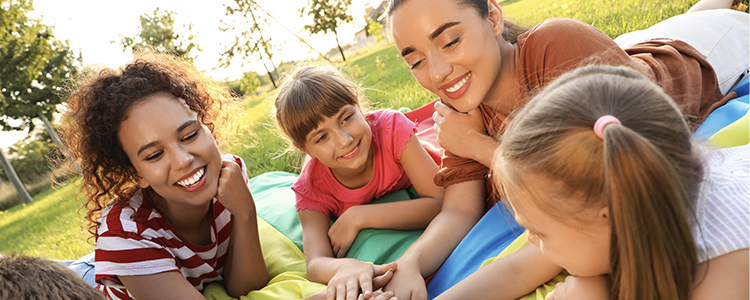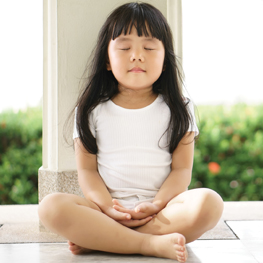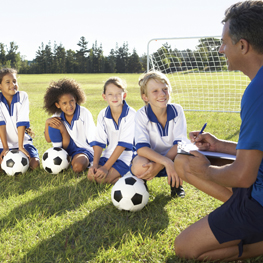



What do you do if there is a fight at an after-school class or program between your child and another? As a father and a grandfather, I have witnessed my share of disagreements. And as a mediator and a restorative justice counsellor, I ought to have some tools in my toolbox to manage such a situation. Here are my two parenting lessons from a long career of working out children’s conflicts.

Your child may feel ‘butterflies’ in their tummy if they have a big event coming up such as an important test or a piano recital. It is normal to feel nervous when kids are expected to perform or speak in front of a group of people, if they have an upcoming dentist or doctor appointment, or if they have pressure to do well on a test or at a sporting competition. Even though nerves are common, parents can help kids calm the butterflies and be successful.

Don’t let your child’s individuality get overlooked because you are keeping your child steadily overbooked. School, sports, after-school activities, birthday parties, and social commitments - all of these things compete for your child’s energy and attention on a daily basis. And now that kids are hopping on social media at increasingly younger ages, the pressure to participate can become fierce early on. All those images of friends playing sports, hanging out at a pool party, or posing together in a gleeful gaggle may cause your child to feel like their schedule doesn’t quite measure up to others.

In the reality television age, when contestants are either considered superstars-in-the-making or deserving of international ridicule, parents may struggle to instill basic teamwork principles in their children. Encouraging kids to become members of a team can help them constructively channel their energy and creativity while learning about sportsmanship first-hand. Kids can learn new things about themselves through participation in teams of many stripes: sports, leadership, performing arts, robotics, debate, etc. Teams that uphold positive leadership can evoke skills kids did not even know they possessed. Contributing willingly to something greater than themselves often increases self- esteem and personal pride in participants.
Calgary’s Child Magazine © 2024 Calgary’s Child